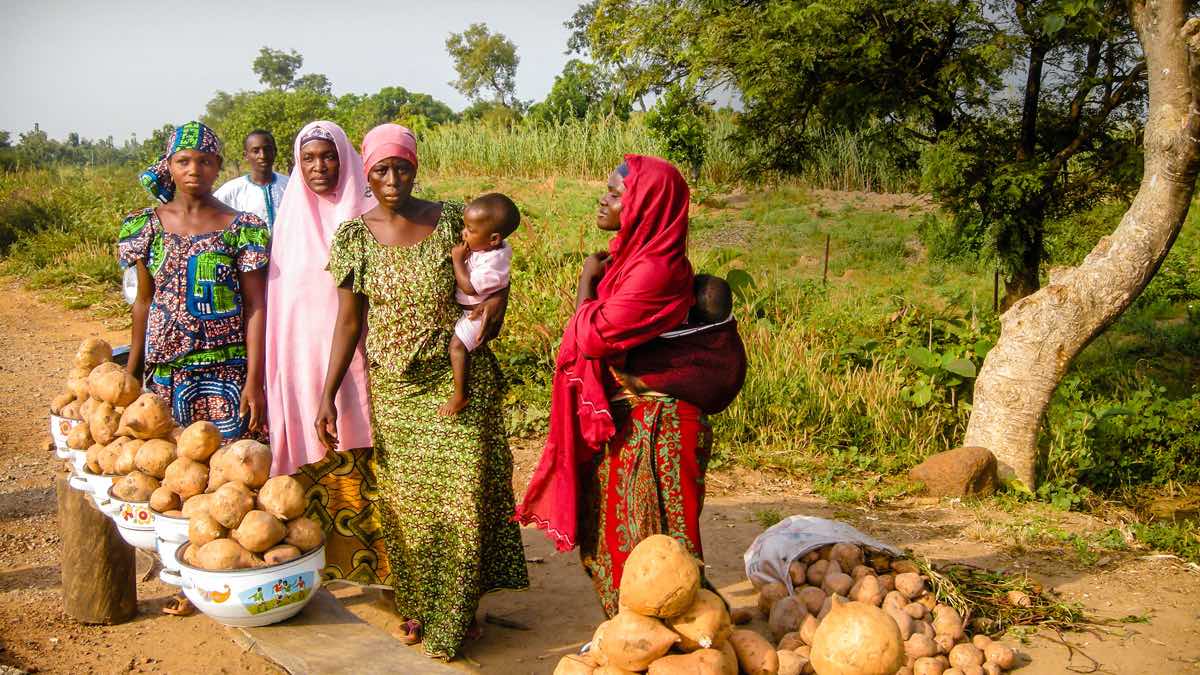During the past 10 years governments, agricultural firms, and investors have been quietly buying or leasing land in other countries for agricultural use. The amount of land is not insignificant: since 2000, purchases and leases have added up to an area larger than France, mostly in Africa and Asia, where land is cheaper and regulations weaker.
Behind the deals, however, is another story: often this “unused” land is crucial to local people’s livelihoods, especially for grazing animals, hunting, and fishing, or collecting nuts, honey, firewood, or medicinal plants. These land deals also displace and impoverish smallholders and rural poor.
Today, the great land rush is no longer quiet, but one of the most contentious development issues in modern times.
Last month, the global development organization Oxfam called for a moratorium on land investments in developing countries, citing they violate the rights of the poor. In its report, “Our Land, Our Lives,” Oxfam states that more than 60 percent of foreign investment in agricultural land is in developing countries with serious hunger problems, but two-thirds of the investors plan to export everything they produce.
On the other side, the World Bank defended its financing for large-scale land-investment projects, arguing that it is working with governments to form voluntary regulations to increase transparency, reduce abuses, and ensure communities are informed and their rights protected.
IFPRI has been studying land investments for several years. In 2009, IFPRI researchers noted that, with a code of conduct and appropriate regulations to protect the rights of local communities, these deals could be beneficial to both sides. However, as an article in the most recent issue of our Insights magazine elaborates, IFPRI researchers have concluded that examples of such a regulatory framework are rare to nonexistent; up to this point, large-scale land deals have not delivered promised benefits to smallholder farmers and marginalized groups.
IFPRI recently caught up with science writer Fred Pearce, author of the book The Land Grabbers, who spoke to us in a video interview about the impact land investment has had on the rural poor, including devastating deals as well as some positive examples, from an agribusiness that offered job security, food, and social services to workers and their families to out-grower schemes that provide a market for local farmers.







